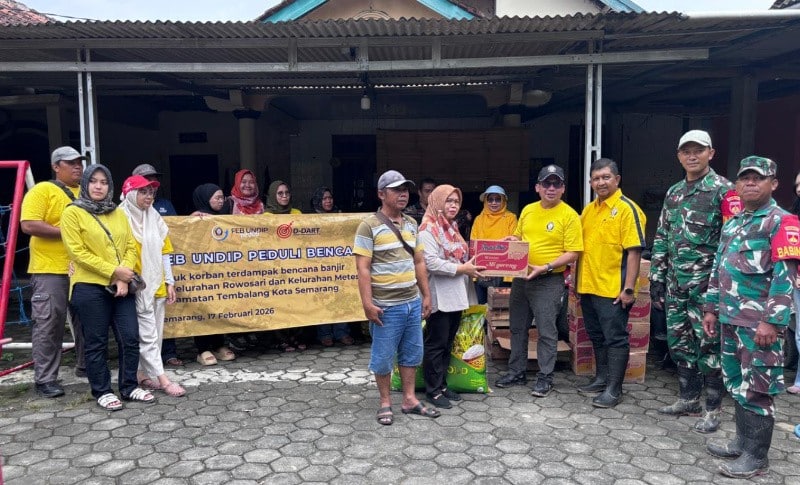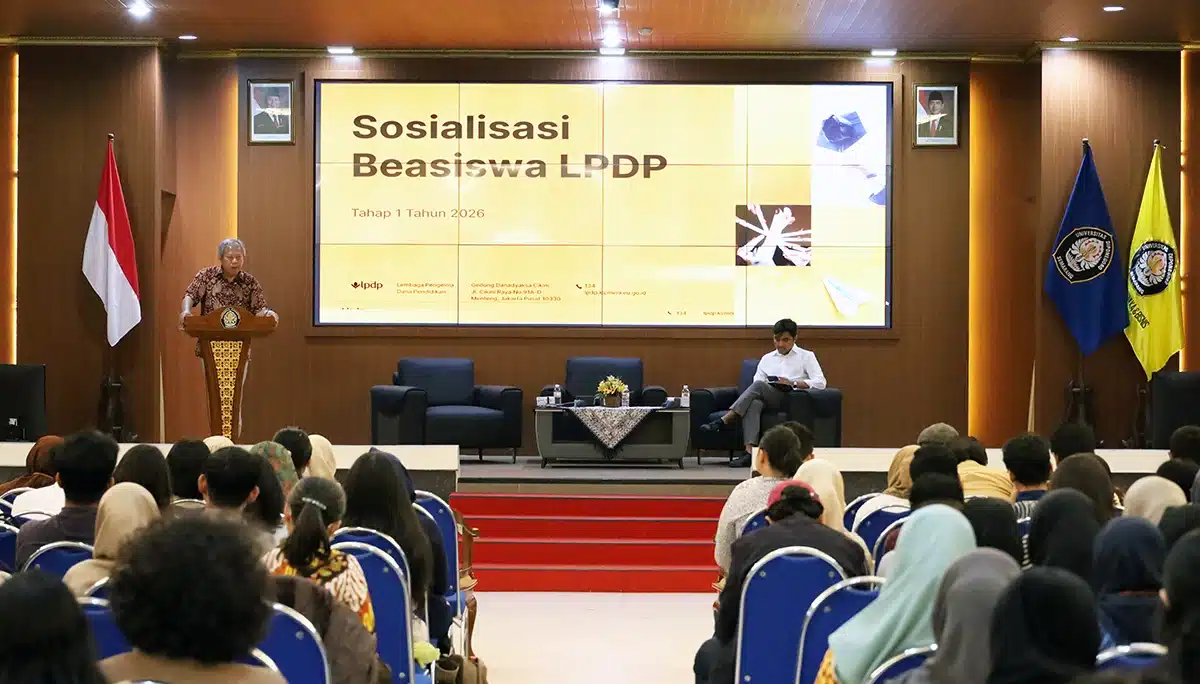Thermodynamics is a branch of physics that studies the storage, conversion, and transfer of energy. Although the science of Thermodynamics first emerged as an answer to the demands for increasing the efficiency of steam engines, in its development the science of Thermodynamics includes the effects of energy in a chemical reaction and the properties of pure compounds and mixtures. Foodstuffs can be viewed as a multi-component mixture. Food processing can involve several operations, such as chemical reactions and separation or purification involving multi-phase multi-component systems. With the concept of equilibrium thermodynamics, it is possible to predict the behavior of a multi-phase multi-component system and some physical properties such as molar volume and vapor pressure. This is needed in the design of processes and tools for food processing. The discussion was delivered by Prof. Dr. Ir. Ratnawati, M.T. (Chemical Engineering, Faculty of Engineering) Diponegoro University in her inauguration speech as an Undip Professor on Tuesday (27/9) at the Prof. Soedarto building, Undip Tembalang campus.
She said Indonesia is a country that is very fertile and rich in marine and land natural resources, both biological and non-biological. Among Indonesia’s leading products are seaweed, sugar cane, and coffee. Red algae (Rhodophyceae) can extract -carrageenan which can be further processed into low molecular weight -carrageenan which has the potential to be developed into pharmaceutical substances. One of the simple, safe, and environmentally friendly processes to break down -carrageenan molecules is through an ultrasonically assisted depolymerization process.
“A thermodynamic review of the depolymerization process can help understand the mechanism of the reaction that occurs, namely through polymer breakdown due to shear forces arising from the bursting of micro bubbles, oxidation by hydroxyl radicals and hydrogen peroxide, and proton attack on glycosidic bonds. This understanding is needed when the process will be applied on an industrial scale,” said prof. Ratnawati.
She further conveyed that with the production of cane sugar as much as 2.13-2.5 million tons per year, ± 800 tons of molasses by-products per year will be produced. These molasses can be processed into alcohol through a fermentation process, the results of which need to be purified by distillation technology. The design of the process and tools for distillation requires data on the vapor-liquid balance that can be predicted using thermodynamic models. The role of the equation of state is very important in the model by predicting the vapor pressure and molar volume of its components. Modification of the Redlich-Kwong equation of state has been shown to be able to improve the equation of state for prediction of molar volume and vapor pressure of more than 100 compounds.
Indonesia is the 4th largest coffee producing country in the world, with a production volume of 762.4 thousand tons in 2020. Around 50% of the coffee products are exported and the rest is consumed domestically. For health reasons, many coffee connoisseurs turn to decaf coffee, which is coffee that has been reduced in caffeine content.
“Caffeine extraction from coffee beans can be done using supercritical extraction technology, namely extraction using supercritical fluid as a solvent, one of which is carbon dioxide. To design processes and tools for supercritical extraction, data on the solubility of caffeine in supercritical carbon dioxide are needed, which can be predicted using the equation of state. The modifications that have been made to the Redlich-Kwong equation of state along with the van der Waals mixing rule can improve the performance of the Redlich-Kwong equation to predict the solubility of some solids in supercritical fluids,” she concluded. (Lin – Public Relations)









